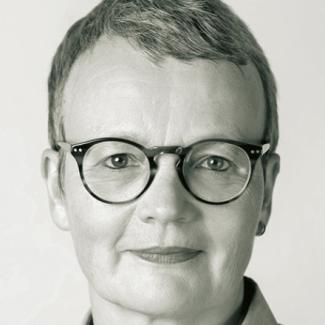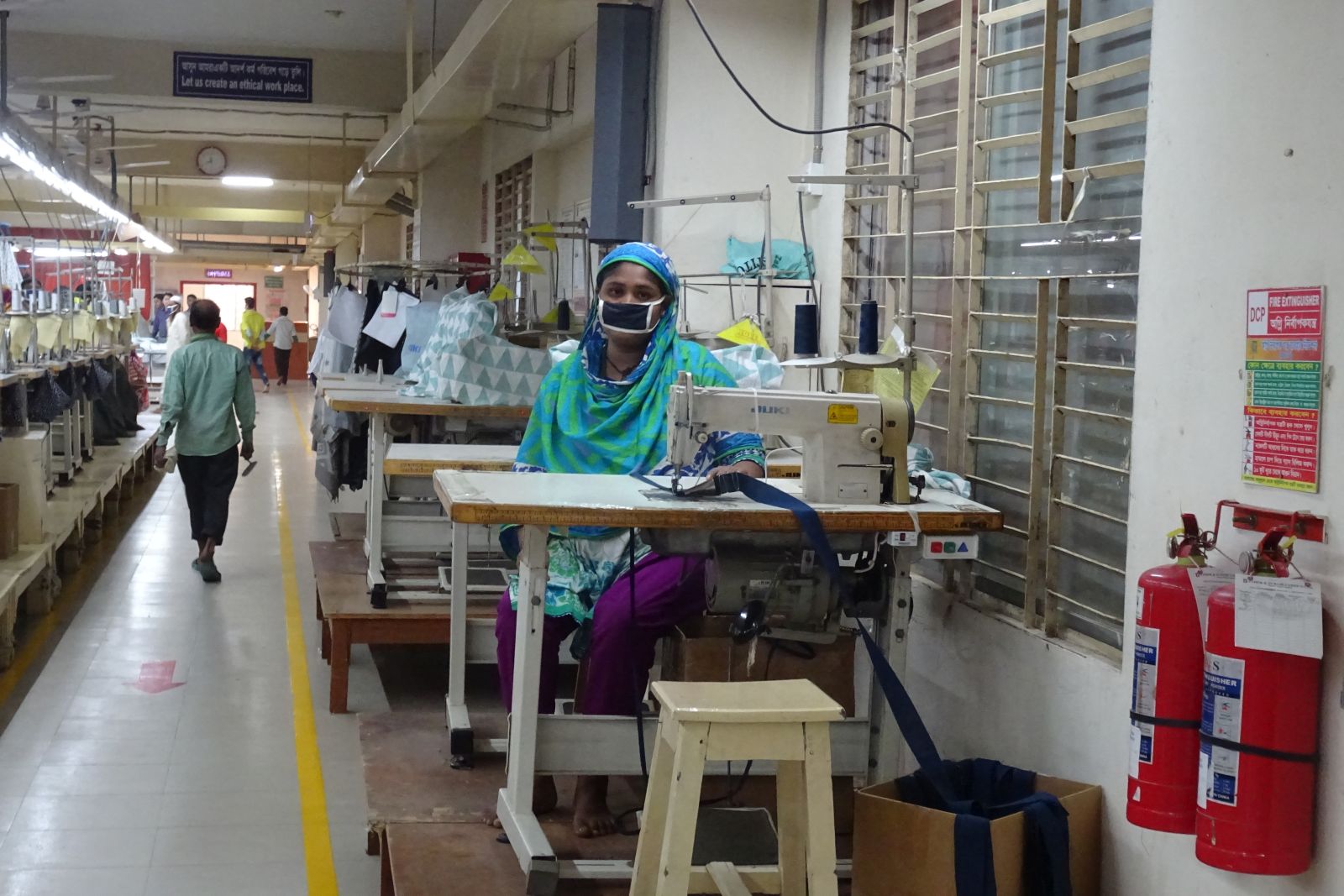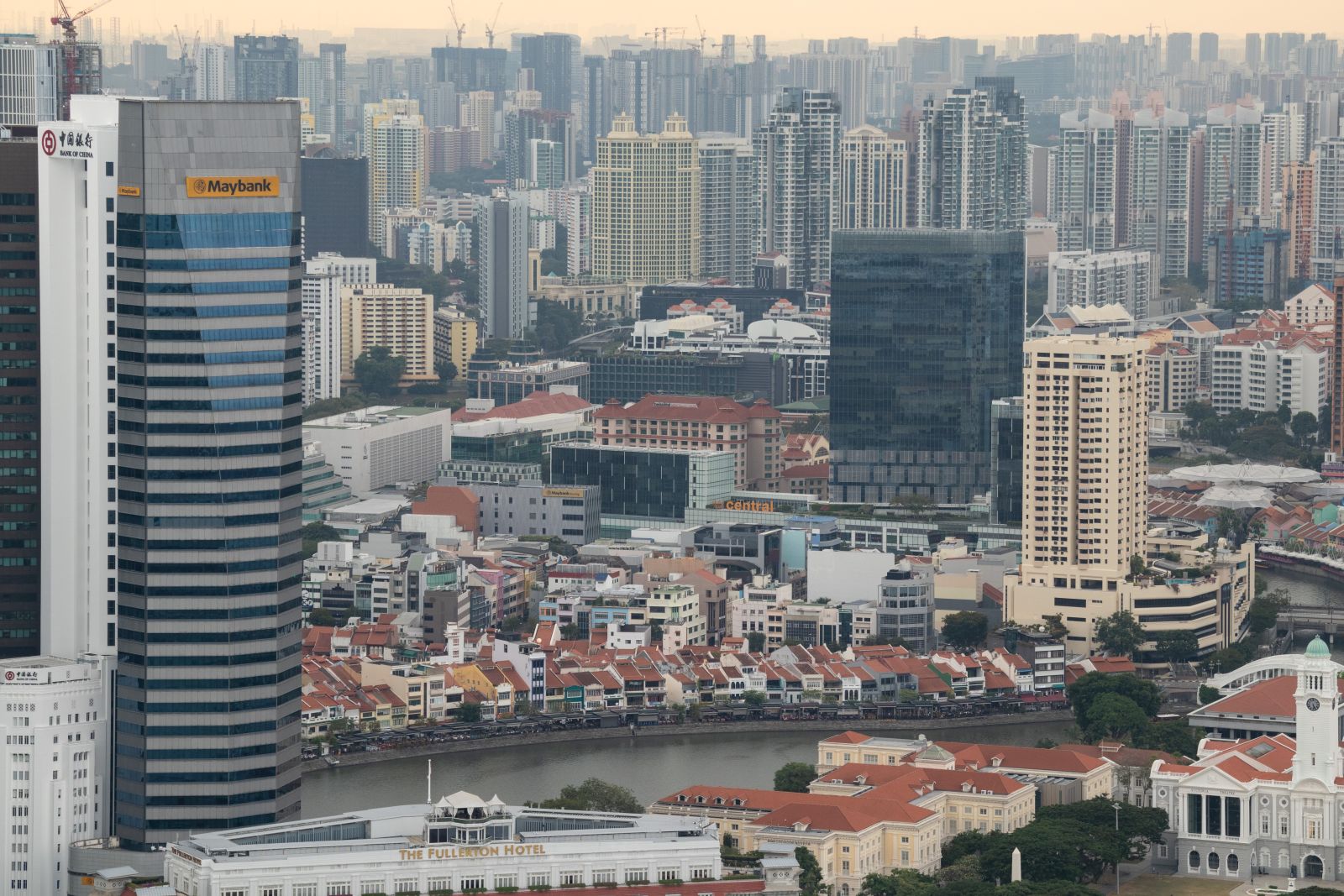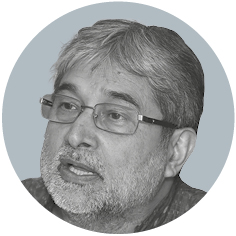Dysfunctional policy
Under-performing ODA darling

Other indicators show that Kenya’s economic growth has not translated into generally better living conditions. Kenya ranks 146th of 188 countries in the UNDP’s Human Development Index. Its Gini coefficient – the most commonly used measure of wealth inequality – is 0.552, reflecting very high levels of inequality. The nation did not reach the Millennium Development Goals and is not on track to achieve the Sustainable Development Goals.
Kenya under-performs on governance compared both to the average for Sub-Sahara Africa and to the average for other middle-income countries. It scores poorly on World Bank Good Governance indicators for things such as rule of law or control of corruption. It ranks at the lowest third of countries on these measures and shows signs of things getting worse. Corruption is eroding the national budget by an estimated 30 % to 50 %. In July 2019, Kenya’s minister of finance and 14 other officials were charged with financial crimes. The government is not taking effective measures to counteract rising social and economic exclusion.
Nonetheless, Kenya remains a darling of governments that invest in official development assistance (ODA). According to OECD data, it has consistently stayed among the top 12 ODA recipients.
ODA flows mean that Kenya’s government hardly has any incentive to generate taxes in order to fund development. Indeed, Kenya’s tax revenues have consistently fallen as a share of GDP in recent years. According to a World Bank report of 2018, they dropped to 17.2 % in the 2016/2017 fiscal year.















